CREATING CHANGE
All members of crew have power to bring about transformation, achieve sustainability goals, and be examples to peers in the wider industry, says Karl Liegis, head of production, 60Forty Films.
Broadcasters and streamers have Net Zero targets and production companies have big ambitions, positive intentions, and are making meaningful transformations when it comes to sustainability. However, in order to achieve any of the targets, productions need sustainability at their core and that requires resources and support in the form of budget allowances for personnel, innovation, application, and training.
On a production, once we have a budget we work desperately hard to optimise resources and be as efficient and effective as possible to fulfil the creative vision. However, the amount of waste we create is mind blowing. Energy, food, money… there is lots wasted and waste is damaging. We minimise damage to the budget by revising allocations, but what of the waste? We can continue to say “there would be less waste if we had locked scripts before filming” or “if we stuck to an agreed plan we would save”. While there is no doubt these statements are 100% factual, we can also look at what is in our control and how we can reduce waste.
At 60Forty Films we’ve always worked the budgets to allow for full-time sustainability teams on our productions. While this is to support production with sustainability, it’s also so we can learn about hurdles, failure, and gather data ahead of the next production.
When we’re interviewing HODs we make a point of discussing sustainability to establish the opportunities and expectations. Some questions to ask if sustainability is not brought up in your interview might be: What’s the productions approach to sustainability?; Does my budget have allowances for sustainable options? (HOD question); Are there specific targets (aside from albert certification) to be aware of regarding sustainability from an individual or department perspective?
Sustainability is a new consideration and therefore it’s going to involve people learning how to do their job differently. For some this will have minimal consequence, and for others like unit manager, transport departments and the lighting team, this may feel and be seismic. During prep, our sustainability team support departments and individuals with planning sustainable actions and reinforce our company commitment. You all have so much power to bring about transformation from within your roles and be examples to peers in the wider industry. As a camera assistant, you could be presenting sustainable consumables options to the production. As a gaffer, presenting sustainable power options to the cinematographer and production. As a cinematographer, there is the opportunity to be a positive example of how to reduce power while still fulfilling your creative ambition. The sustainability community share research, insights, and ideas and everyone is keen to support anyone who wants to learn and contribute.
In parallel with the work on an individual level, we look to the strength of the collective. On our productions, it’s mandatory for all full-time crew (including producers and directors) to complete ScreenSkills’ sustainability module specifically related to their department. It’s also a requirement for one person from each department to form part of our productions’ Sustainability Committee. The committee meets weekly in prep and bi-weekly during principal photography. Here, departments share where they are at with hurdles, lessons, opportunities, and achievements. We’ve had amazing ideas and unexpected collaborations and lots of savings as a result of these meetings.
For departments like production, locations, lighting, transport, and facilities, they are informed before engagement that a representative from their team will be required to form part of the Power Plan Meetings. In these meetings we plan power requirements for the production as a whole based on departments’ needs. Much like committee meetings, these are spaces for everyone to share and learn.
There are so many possibilities.









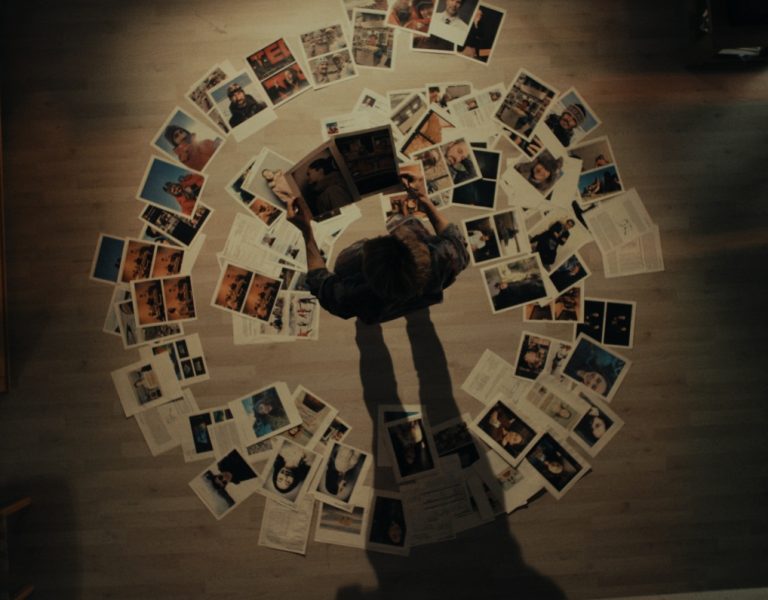

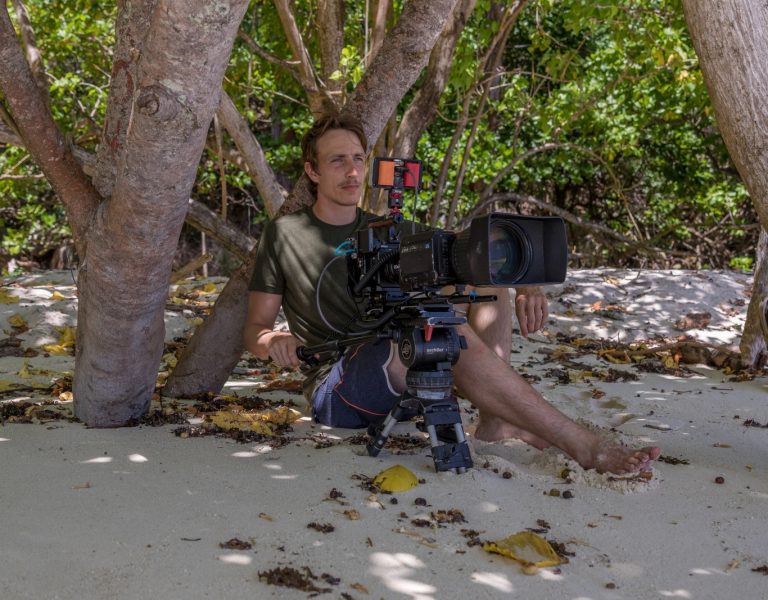
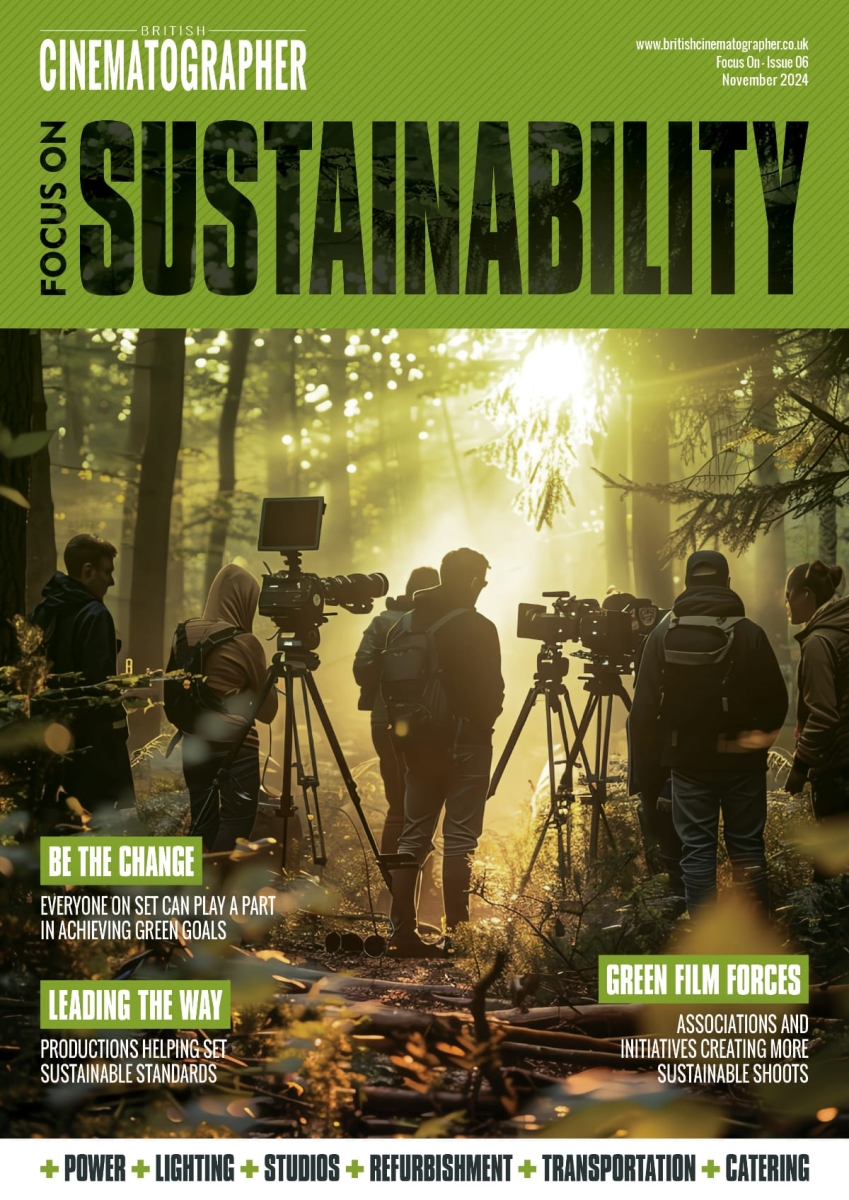
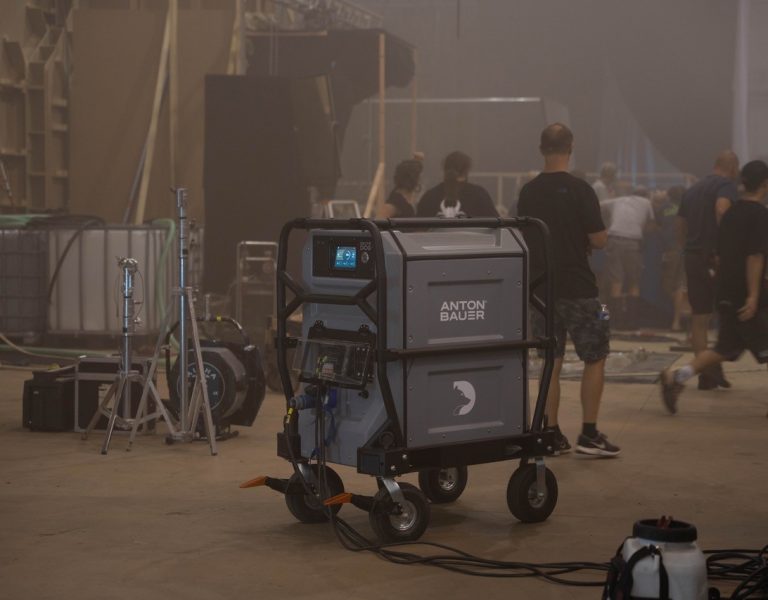
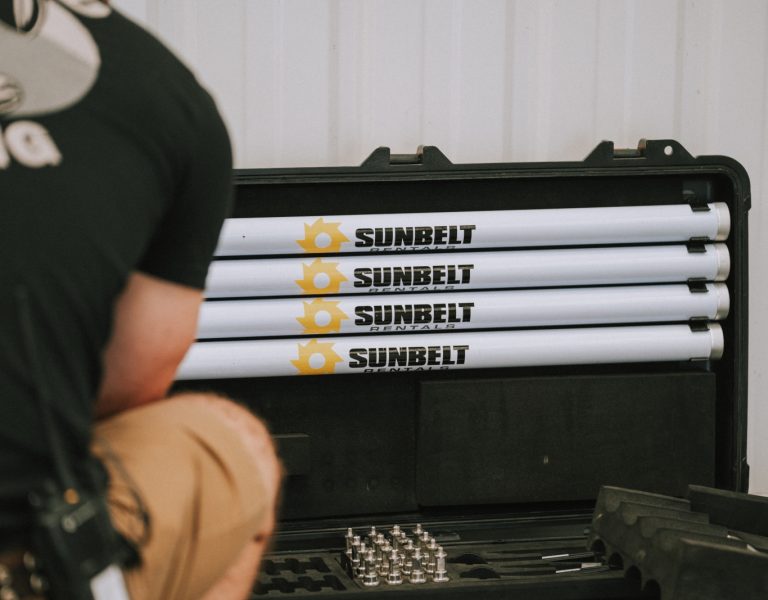
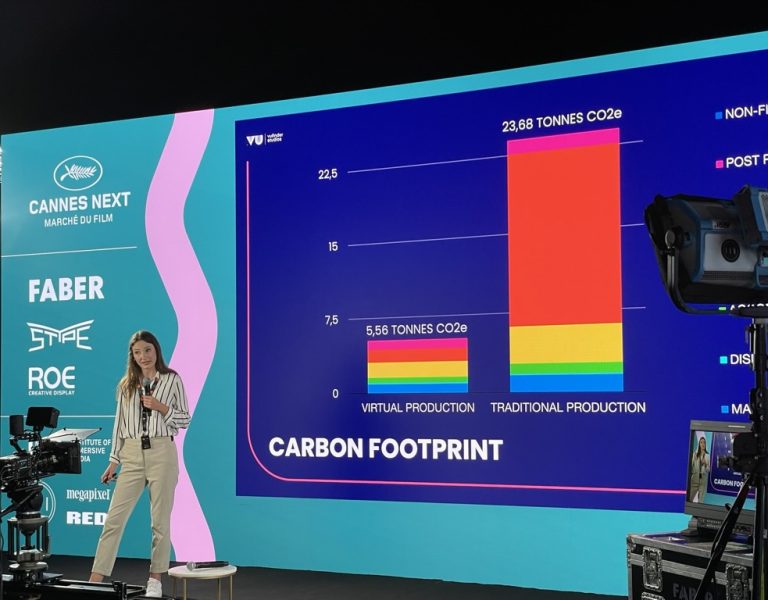
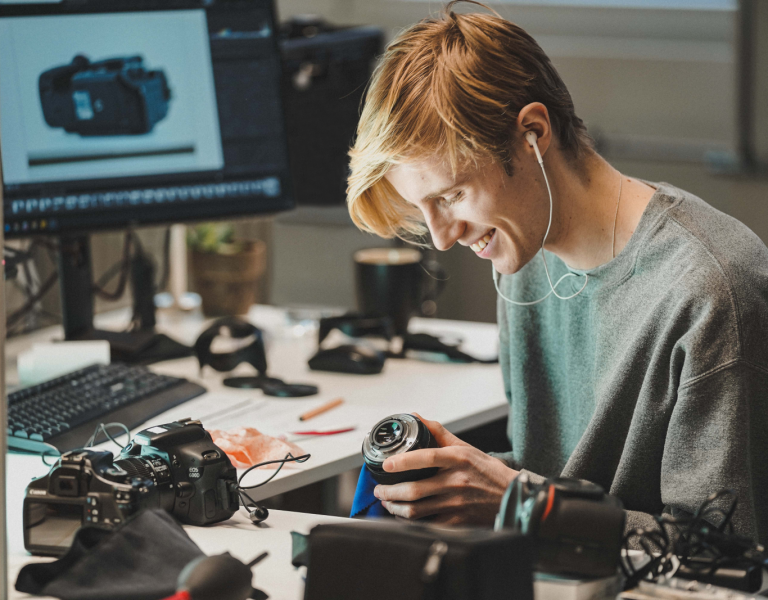



Comment / Laurence Johnson, sustainability manager, Film London